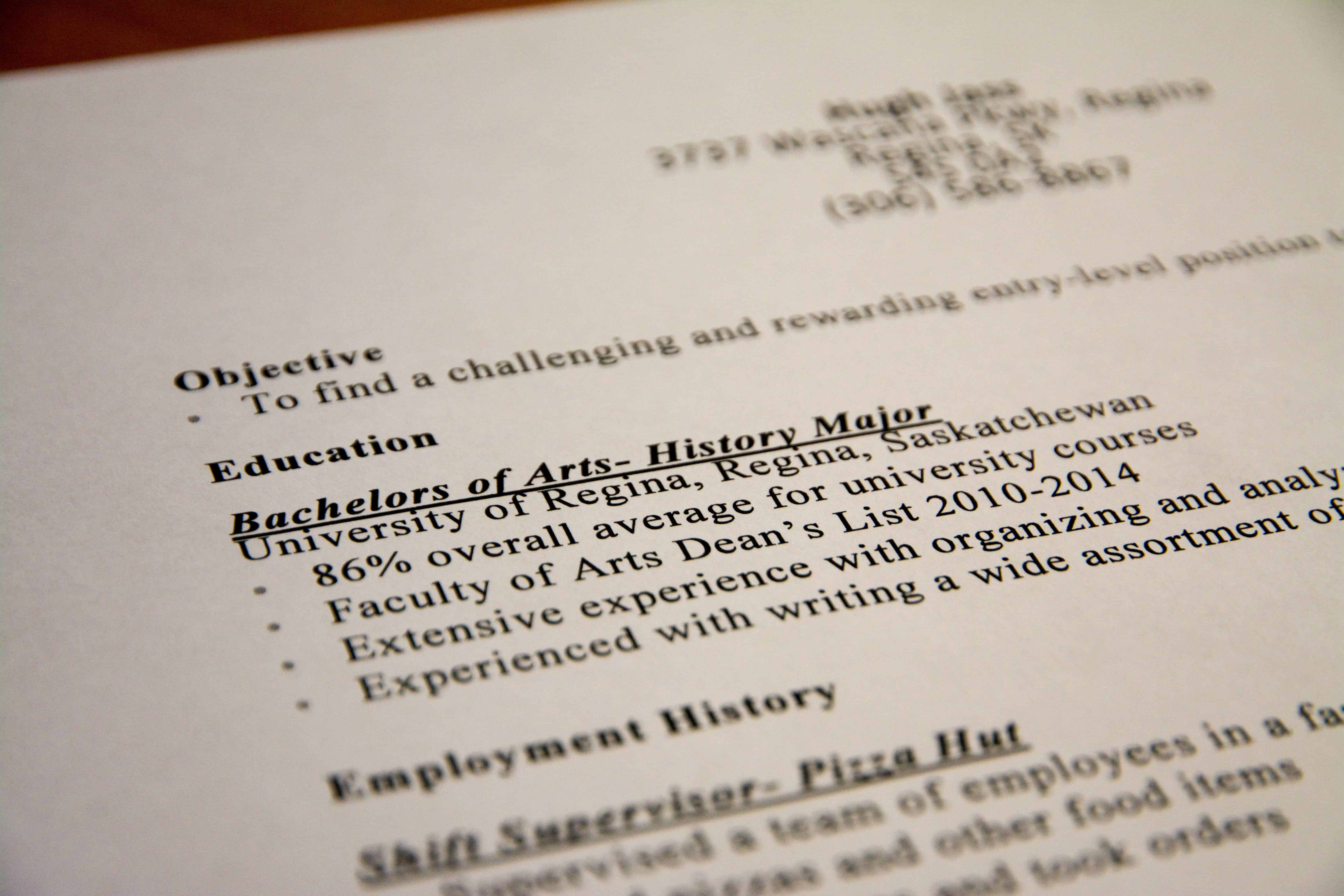Degree Deflation

A degree, not a document
As the school year starts up again, it is worth reflecting on what is going on outside the university. Specifically, look at the job market. The press has been painting a general picture of graduates stuck in low-wage, part-time jobs in the service sector with little hope of advancement. At the same time we have technological advances, such as a Silicon Valley-made machine that supposedly does all the work needed to prepare a burger, which threatens to render non-skilled work obsolete. This combination will, in my opinion, lead to increasing numbers of university enrollments in order to get a better chance of landing a high-paying, stable job. Such an increase will not only hinder the maintenance of the university’s traditional mission, but it will also make work a more alienating activity for the workers. Therefore, universities today need to ensure that students have choices besides university.
Universities today are encouraged to maximize student enrolment in order to survive and provide value for the public funds that they obtain. In the current environment of governments encouraging the marketization of formerly public goods, it is easy to understand why universities would go along with this. However, such an approach is harmful to both students and university staff. The former are encouraged to gain a higher level of education without being convinced of the necessity of what they’re doing. While it is possible to be stuck in university not knowing what you want, it is much more difficult if you are unsure if you want to be in a classroom. Unskilled work is called so because human beings are capable of doing it without extensive instruction. Consequently, those people who are eager to be active would have an outlet to contribute to society. Yet, with news sites such as the Huffington Post reporting that Canadian college graduates are destined for part-time service jobs with little security, those people would be alienated from not only their studies, but also their work. With a potential Janette Navarro-style future of low wages and irregular hours awaiting them, those students will be stuck in a system that offers them no hope forward. On the other hand, the increased enrollments in universities will further increase cost-cutting pressures on the university. Episodes like the Robert Buckingham firing at the U of S will become more commonplace as principles such as tenure will be cast aside. With this, the idea that universities represent a special level of education will fall by the wayside. Anything that in some way hinders the university’s new role as a conveyor belt delivering students to the job market will be suppressed. The case of Ontario, where 42 colleges and universities have already agreed with the provincial Liberal government to narrow their program focus, will ensure that the traditional prestige of holding a degree, as well as that of being a professor, will be severely weakened if not destroyed.
Ultimately, I feel that mass university participation has evolved into something that has eroded the idea of the university as a place of examining the mind. After the financial crises of the 1970s, universities were expected to do more in terms of educating a workforce rather than a citizenry. Today, a university degree is not as prestigious because the university has lost an aura of exclusivity. While the old exclusivity is deservedly gone, universities need to retain some uniqueness from the rest of society. It would be better if universities attracted those who wanted to learn rather than those who want to merely burnish their resume. Therefore, universities need to promote alternate forms of post-secondary achievement in order to preserve its historic role. Universities could help in living wage campaigns or join the struggles to retain manufacturing jobs. But whatever they do, it must be understood that students should not be confined to the quadrangle at the cost of joblessness.










